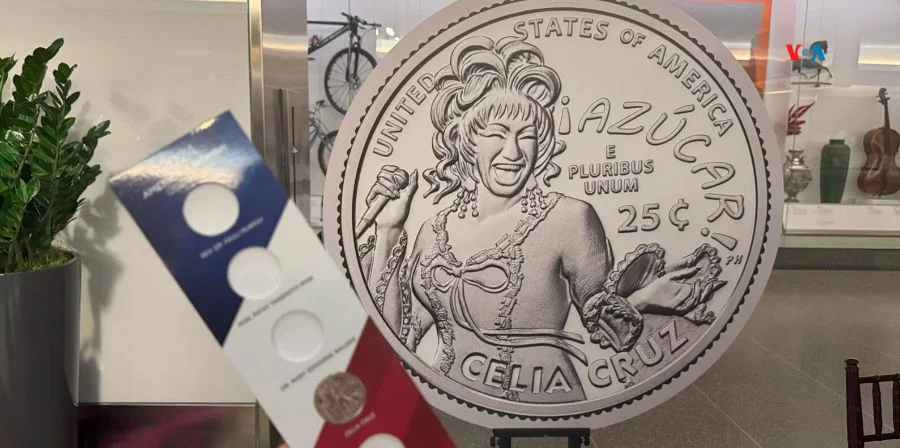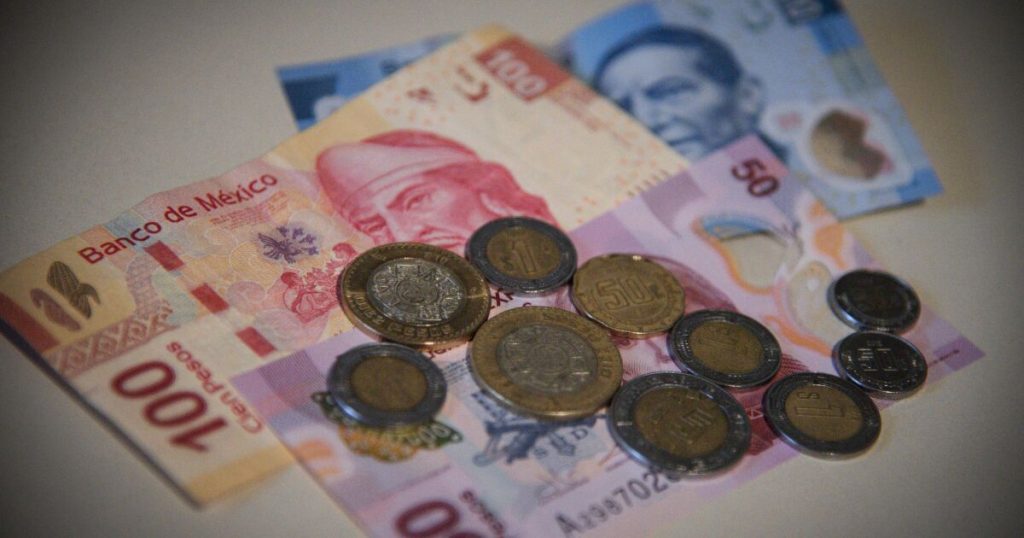MIAMI, United States. – The National Museum of American History (NMAH), located in Washington DC, paid tribute to Celia Cruz during the night of September 20, when the life, legacy and the historic inclusion of the image of the Queen of Salsa in the National Museum of American History (NMAH) were celebrated. a 25 cent United States coin.
The event, which coincided with the Hispanic Culture Month festivities, was a special tribute to the Cuban singer, whose impact on world music and culture remains immense, according to the report. Voice of America (VOA).
Celia Cruz, born in Havana Born in 1925, she is remembered not only for her dazzling career that spanned more than six decades, but also for her ability to bring joy to millions of people with her iconic expression “Sugar!”
During the tribute, which was co-sponsored by the U.S. Mint and the National Museum of the American Latino, hundreds of people danced and sang along to the songs of the singer also known as the Guarachera de Cuba. The event also celebrated the historic moment this year when Celia became the first Afro-Latina to be immortalized on a quarter.
“This is a great moment to celebrate a woman who profoundly marked music and world culture,” he told the VOA Ariana Curtis, curator at the National Museum of African American History and Culture, who played a key role in Celia’s inclusion in the Mint’s American Women Quarters program.
“She wasn’t just a star, she was a dark-skinned, Spanish-speaking immigrant woman who built an impressive career in a male-dominated environment,” Curtis said. “Her greatest legacy is authenticity and joy – she always showed herself as she was, and that’s a lesson we should remember.”
The tribute was also an opportunity for Celia Cruz’s family to share personal memories. Linda Pritchett, niece of the Queen of Salsa, highlighted the impact her aunt had on her life: “She was the best aunt you could ask for. She did so much for us, not only for her music, but also for her family. She helped me go to college and she was always present in our lives.”
The event also included a panel discussing Celia’s legacy and how she became an emotional bridge for Cuban exiles“She influenced the world with the Cuban music she sang, and became a symbol for thousands of exiles who, like her, never returned to their homeland,” Pritchett said.

















